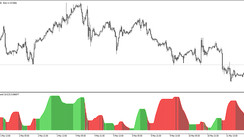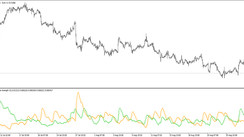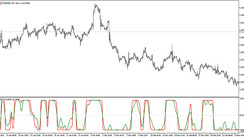Energy Commodities
Energy commodities, fundamentally physical in nature, serve as a source of power or heat. Their trading takes place on numerous global exchanges, and several elements influence their price, including demand and supply dynamics, the state of economic progress, and political happenings.
The key energy commodities under trade encompass:
Crude Oil: Dominating the energy commodities realm, crude oil forms the basis of various petroleum products such as gasoline, diesel, and jet fuel.
Natural Gas: A more eco-friendly substitute to crude oil, natural gas finds its utility in electricity generation, heating residential and commercial spaces, and driving industrial operations.
Coal: A fossil fuel, coal generates electricity and provides heat for homes and businesses. While it is more cost-effective than natural gas, it contributes more towards pollution.
Electricity: Although electricity isn't a physical commodity, it gets traded on exchanges, acting as a stand-in for the foundational power generation assets.
Present Scenario and Future Projections
The global energy marketplace is experiencing a considerable transformation. The emergence of renewable energy sources like solar and wind energy is pushing the traditional fossil fuel prices downward. Despite this, the ever-growing demand for energy promises a continued expansion for the energy commodities market in the upcoming years.
The Experts' Perspective
There's a divide among experts regarding the future of energy commodities trading. Some speculate a continued dominance of traditional fossil fuels, while others foresee renewable energy sources taking the lead eventually.
What Influences their Pricing?
A multitude of factors impact the price of energy commodities. These include:
Supply and Demand: An increase in demand paired with a decrease in supply typically results in a price rise for an energy commodity.
Economic Progress: Economic expansion contributes to the escalation in energy demand, thereby inflating prices.
Political Occurrences: Political upheavals that interrupt the energy supply chain can result in escalated prices.
Weather Conditions: Weather-related disturbances affecting energy production or transportation can also lead to price hikes.
Wrapping Up
Trading in energy commodities is a continually evolving, intricate market. Numerous factors, often subject to rapid changes, influence the price of energy commodities. Nevertheless, given the persistent increase in energy demand, the market is expected to continue expanding in the forthcoming years.





